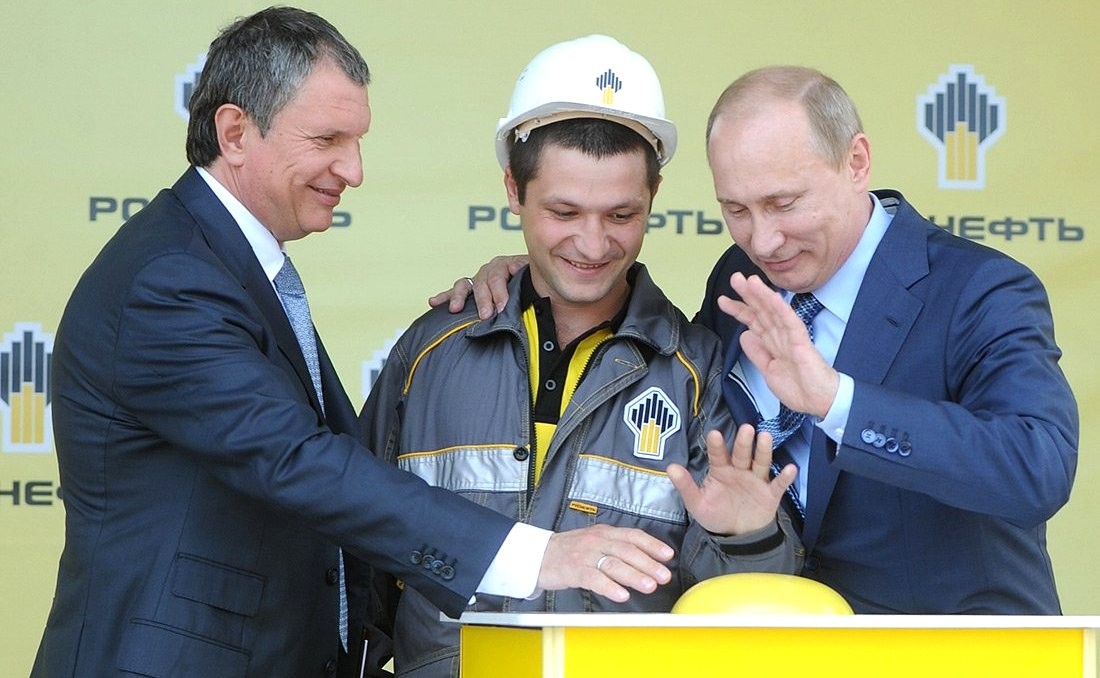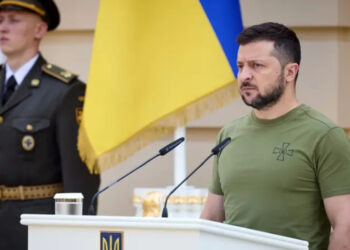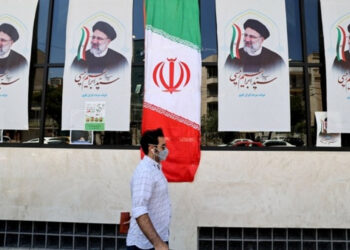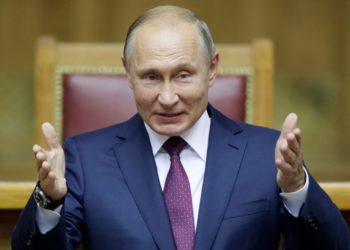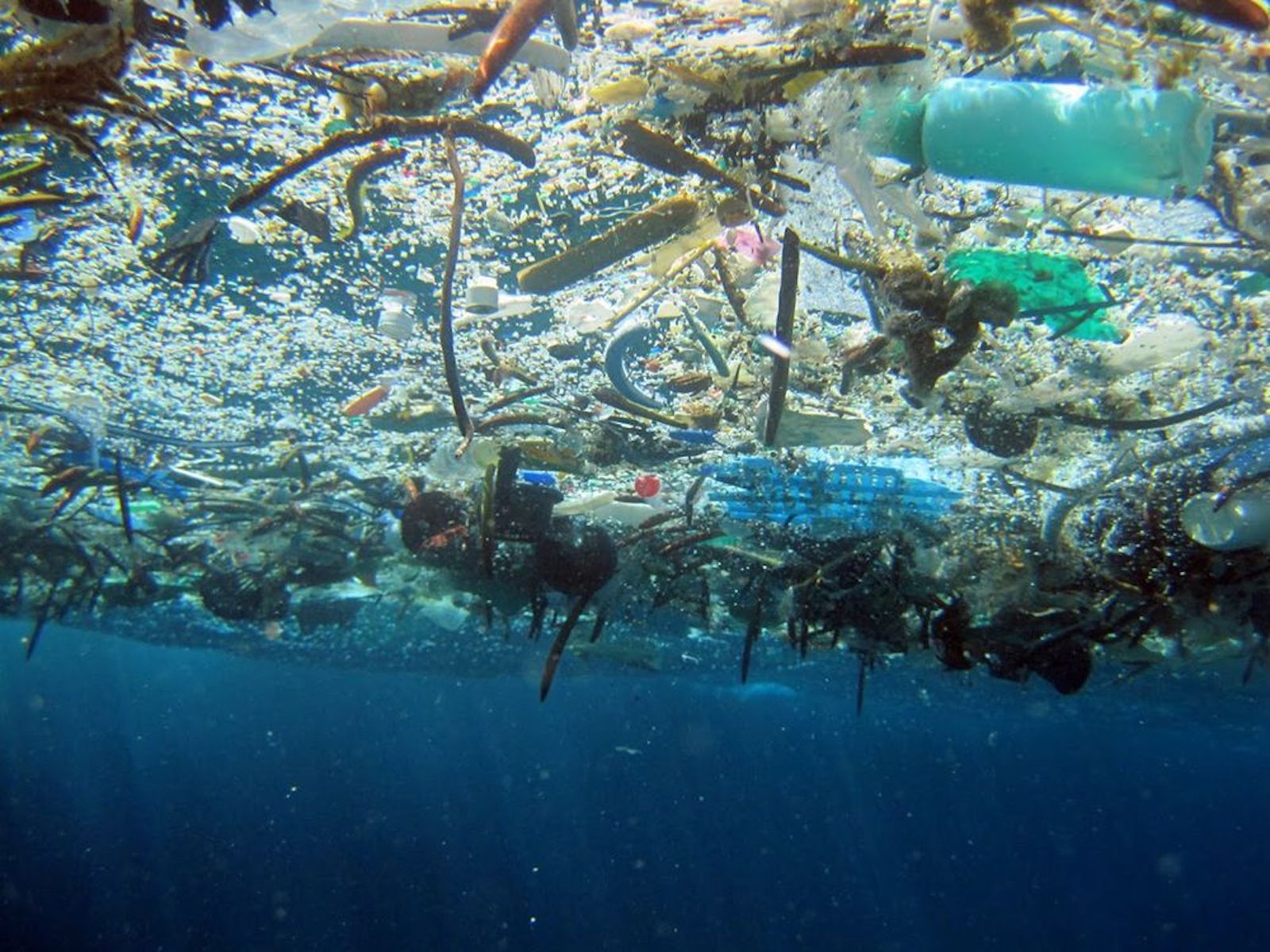With Iranian sanctions looming again in view of the U.S.’s decision to pull out of the multilateral Joint Comprehensive Plan of Action (JCPOA), analysts have diverted most of their attention to crude oil prices. However, Iran maintains the second largest natural gas reserves in the world.
In a world surging toward a global price for natural gas, might this energy resource play more prominently in shaping global energy security in the long-term? A timely new book, The New Geopolitics of Natural Gas, helps navigate these questions and is examined in this review.
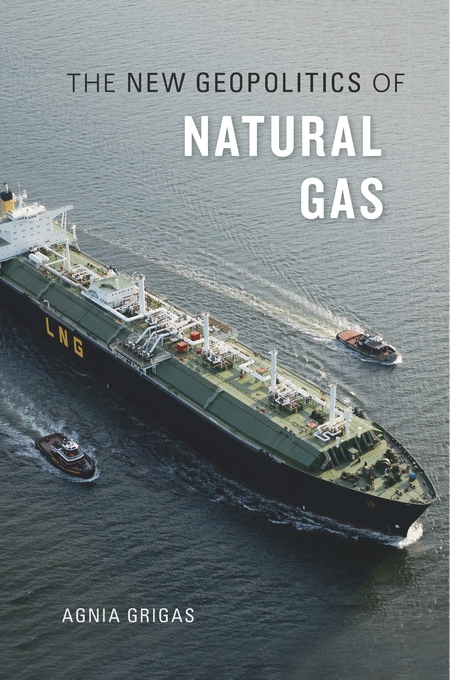 For readers curious about Europe’s schizophrenic relationship with Kiev, they need only look at Germany’s cooperation with Russia’s prominent natural gas exporter, Gazprom, in pursuing an additional natural gas pipeline under the Baltic Sea. This project, Nord Stream 2, seems to ignore Ukraine’s geographic and political realities while standing to deprive Kiev of billions of dollars of transit fee revenues. Yet, Germany still supports strong Russian sanctions for their aggression in Ukraine.
For readers curious about Europe’s schizophrenic relationship with Kiev, they need only look at Germany’s cooperation with Russia’s prominent natural gas exporter, Gazprom, in pursuing an additional natural gas pipeline under the Baltic Sea. This project, Nord Stream 2, seems to ignore Ukraine’s geographic and political realities while standing to deprive Kiev of billions of dollars of transit fee revenues. Yet, Germany still supports strong Russian sanctions for their aggression in Ukraine.
With the U.S. continuing to target Russian energy projects as part of a comprehensive sanctions policy (that also punishes election meddling), how does this affect Washington and Berlin relations? Until last month, when German Chancellor Angela Merkel “made it very clear that …. Nord Stream 2 is in our view not possible without clarity on how Ukrainian transit will proceed,” the project was portrayed exclusively as a private business venture and on the fast track. In fact, in March it received approval from the German maritime authority.
So, with Nord Stream 2 set to begin construction this year, is this just the latest manifestation of Europe’s inability to think strategically about its energy security, or a wise move to secure cheap Russian natural gas for years to come? After all, Nord Stream 1 and 2 would together account for almost a third of E.U. natural gas demand.
To understand the full context of these (and other) energy security challenges, Agnia Grigas, author of The New Geopolitics of Natural Gas (Harvard University Press, 2017), provides readers with a thorough primer that consolidates two important perspectives: 1) the contemporary and historic environment of Russian/European energy relations, and 2) the evolving technical, regulatory, and infrastructure complexity that is dynamically reshaping global natural gas markets. It is impossible to understand the Nord Stream project outside of this context.
The book serves as a reminder that Eurasia has the most at stake in the evolving geopolitics of gas. This is partly due to geography and resource endowment, but also largely due to path dependencies created in the 1960’s and 1970’s between a Soviet economy desperately seeking to export their vast hydrocarbon resources and an economically-vibrant Europe dominated by West German manufacturing.
It is telling that the political tensions that permeated the Cold War, vis-à-vis a NATO-secured Europe and a global Soviet superpower, have not fully attenuated — Russia under Vladimir Putin continues to threaten stability on Europe’s frontiers, while the E.U. remains largely dependent on Russian natural gas.
However, Grigas reminds us that although the westward flow of natural gas in Eurasia has a long history, it no longer reflects the future growth of global natural gas demand. China and India will largely determine that and, more importantly, their motivations are highly practical with many options available to them, including a surging LNG market and a variety of new pipeline projects.
New geographically-dispersed sources of natural gas, most notably accelerated by the U.S.’s surging hydrofracturing industry, and dynamic infrastructure for transportation are changing the economic calculus for high-cost, point-to-point pipelines.
Certainly, any curtailment of Iranian natural gas production will weigh prominently in both LNG and pipeline capacity. Grigas’ book thematically cautions against long-term natural gas contract commitments both for political and economic reasons, reminding readers that Europe’s long-term “take or pay” contracts, pegged to diverging crude oil prices, make little economic sense.
While Grigas tends to focus on the negative aspects of the Soviet/Russia-Europe natural gas interdependence, she may underestimate how this case of strange bedfellows may have tamped down a growing political animus between Moscow and Brussels and between Washington and Berlin.
Globalization advocates may view these natural gas ties as a deterrent to aggressive actions between Russia and NATO countries. Although the prospects seem enticing, “peace pipelines” do not always deliver on that promise. Ukraine is a case in point, suffering several natural gas disruptions since 2006 over various political and economic disputes with Russia. Even within NATO and the E.U., the dependence on Russian gas varies greatly, complicating a cooperative energy security approach.
Of course, only time will tell if aggressive Russian expansion in Europe’s natural gas markets will pay off for both sides. Germany must soon come to grips with this challenge as it ponders the Nord Stream 2 pipeline.
Thorough and well-cited, this book is a must-read for any student of global energy security, yet it is digestible to readers interested in understanding shifting geopolitics and international affairs.
How important is this? One need only recall how the geopolitics of the 1970’s were shaped by OPEC crude oil disruptions. Ultimately, these crises helped shape modern institutions, such as the International Energy Agency (IEA) and the Strategic Petroleum Reserve (SPR), and even U.S. national security policy, most directly via the Carter Doctrine. They will continue to shape American energy and foreign policy as the Trump administration’s calls for “energy dominance” proclaim and America’s LNG exports demonstrate.
Could future natural gas markets and the push for cleaner and cheaper fossil fuels result in a similar crisis? Will a single global market for natural gas emerge? Grigas remains wary of the potential weaponization of hydrocarbon resources. In an increasingly nationalistic political environment, her concerns deserve attention.


